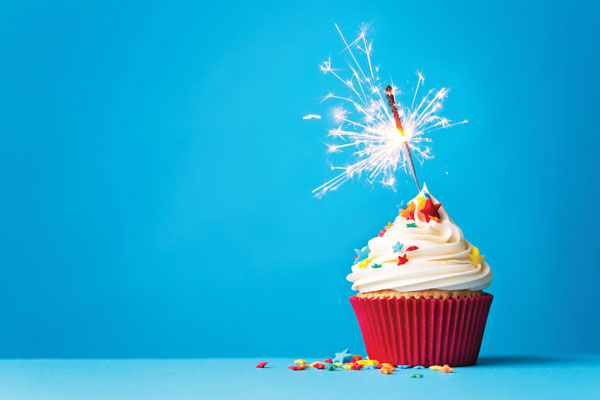The Role of Ritual in Celebration and Healing after Cancer
by Richard Dickens, MS, LCSW-R
Hearing three dreaded words – you have cancer – is the shared experience connecting all cancer survivors. The myriad treatments, thoughts, and feelings that follow, however, are unique to each individual, changing often and giving meaning to the common metaphor of cancer as a roller-coaster.
Once this roller-coaster finally ends, and active treatment is finished, many survivors seek ways to celebrate the end of treatment and to acknowledge the strength they’ve found through family, friends, faith, and hope along the journey. Others look for ways to heal, emotionally and spiritually. They want to let go of the anger, fear, and loss of innocence that are holding them back from feeling whole again. One way to do each of these is to create a ritual that gives the experience meaning and reverence.
We participate in rituals all the time – holidays, birthdays, sports traditions, special handshakes. Some are done once in a lifetime (like baptism or bar/bat mitzvah). Others are repeated and passed down from generation to generation (breaking the wishbone at Thanksgiving, for example). People who are religious often have rituals or ceremonies to commemorate life transitions, from birth, to marriage, to death.
In his book The Bone Clocks, David Mitchell writes, “Hobbies are for pleasure, but rituals keep you going.” Cancer and all of its changes and uncertainties can stop us from dreaming, planning, and hoping. But invoking a ritual – whether it’s a one-time thing or repeated event – to commemorate the journey, or to simply let it go, can help you keep going.
Here are some examples of rituals you may find meaningful during your cancer journey:
- Throw a celebration party commemorating the end of treatment. This could be a yearly event marking the date, or simply a one-time occurrence.
- Read a favorite card, poem, or letter you received from a loved one during treatment.
- People who’ve had a stem cell transplant often celebrate a second birthday each year on the anniversary of their transplant, marking a second chance at life.
- Write a letter to someone who hurt you, maybe a long time ago, and drop it in a mailbox, even if you no longer have an address. Another option would be to write a letter to your cancer.
- Place a candle on a boat and set it adrift on a river or lake. The candle can symbolize anything you want to let go of.
- Place flowers at a site that holds negative memories for you, and leave your pain, anger, or sadness there with them.
I hope some of these ideas resonate with you and inspire you to create a ritual of your own. Be creative. It is your ritual, and you can do anything you want. You can invite anyone you want, or no one at all. What matters is that you find a way to celebrate where you are in your journey, or just let go of what has passed so you can move on and find meaning in the life you have now.

Richard Dickens, a licensed clinical social worker, is the Men’s Cancers program director, as well as a clinical supervisor and the Blood Cancers program coordinator, at CancerCare. He also developed and is the project coordinator for CancerCare’s Mind-Body Project. Richard is a two-time non-Hodgkin lymphoma survivor of over 20 years.
This article was published in Coping® with Cancer magazine, July/August 2016.


